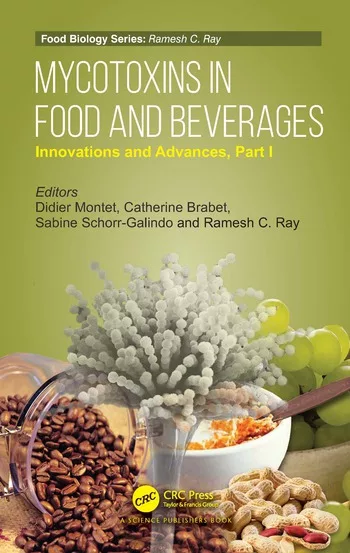Ingredient companies highlight studies, new partnerships
Cargill research shows fat is second-most important ingredient fact consumers seeks
Minneapolis-based Cargill announced that its primary market research data FATitudes — the consumer perspective of fat and oils in North America — has found that after sugar, fat is the second-most important ingredient consumers are monitoring on food product labels. In addition, the health claims and the type of fat can impact the likelihood that consumers will purchase a product, the company says. “We know from FATitudes that 67 percent of consumers are checking for saturated fat in the products they buy,” said Mark Christiansen, managing director of Cargill Global Edible Oil Solutions for Global Specialties, in a statement. “About 50 percent of all consumers are likely to purchase a product with a No Saturate claim.”
Ganeden, Cleveland, recently renewed and added contracts with distributors in Bangladesh, China, India, Japan, Korea, Malaysia, Singapore, Taiwan, Thailand, the Philippines and Vietnam. Ganeden also is working with a distributor to provide additional support for growth in the Middle East. Additionally, the probiotics company increased its team of international sales managers with new employees in Thailand and Mexico. An additional team member soon will be starting in China. The employee expansion aligns with Ganeden’s goal of a hands-on approach — having local contacts to build relationships and oversee projects, it says.
Planning ahead for further growth, GNT Group, Tarrytown, N.Y., started the construction of an additional spirulina plant at its headquarters in Mierlo, the Netherlands. This expansion will more than double GNT’s capacity for blue and green food colorings, it says.
Parsippany, N.J.-based DSM Nutritional Products co-authored a new structured review, published in Progress in Lipid Research, which indicates that adults in most regions of the world have a low to very low status of omega-3 polyunsaturated fatty acids (PUFAs), particularly eicosapentaenoic acid (EPA) and docosahexaenoic acid (DHA). Low levels of PUFAs in the bloodstream are associated with a high risk of chronic diseases, such as cardiovascular disease, cancer and diabetes, it says.
Cuyahoga Falls, Ohio-based Emerald Specialties Group, a business group of Emerald Performance Materials, announced that its Cincinnati facility now is certified to meet Safe Quality Food (SQF) level 2, a food safety plan benchmarked by the Global Food Safety Initiative. Emerald uses the facility to produce FD&C- and D&C-certified Hilton Davis dyes and lakes, which bring color to many applications, including food, beverages, cosmetics and pharmaceuticals. SQF level 2 certification is characterized by a series of rigorous preventive controls and auditing schemes that go beyond minimum food safety standards to shield food-grade products from biological, chemical and physical hazards, the company says.
Gelita, Eberbach, Germany, released its 2015 Sustainability Report. The report shows the development of environmental issues from 2013 to 2015: energy consumption per kilogram of product sank by 15.6 percent, the amount of fresh water required decreased by 17.3 percent, waste water volume declined by 12.7 percent, and waste material dropped by 32.2 percent. Production volume increased in the same period from around 251,000 to approximately 259,000 tons. The report can be found online at gelita.com/en/node/428.
Looking for a reprint of this article?
From high-res PDFs to custom plaques, order your copy today!






